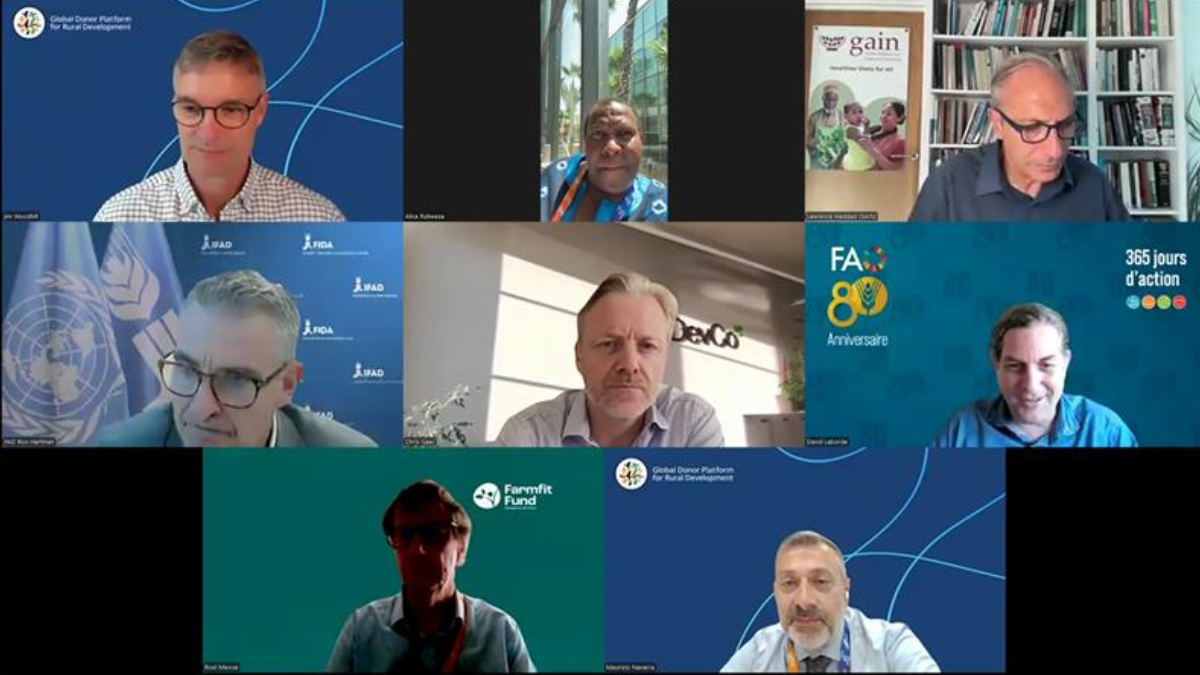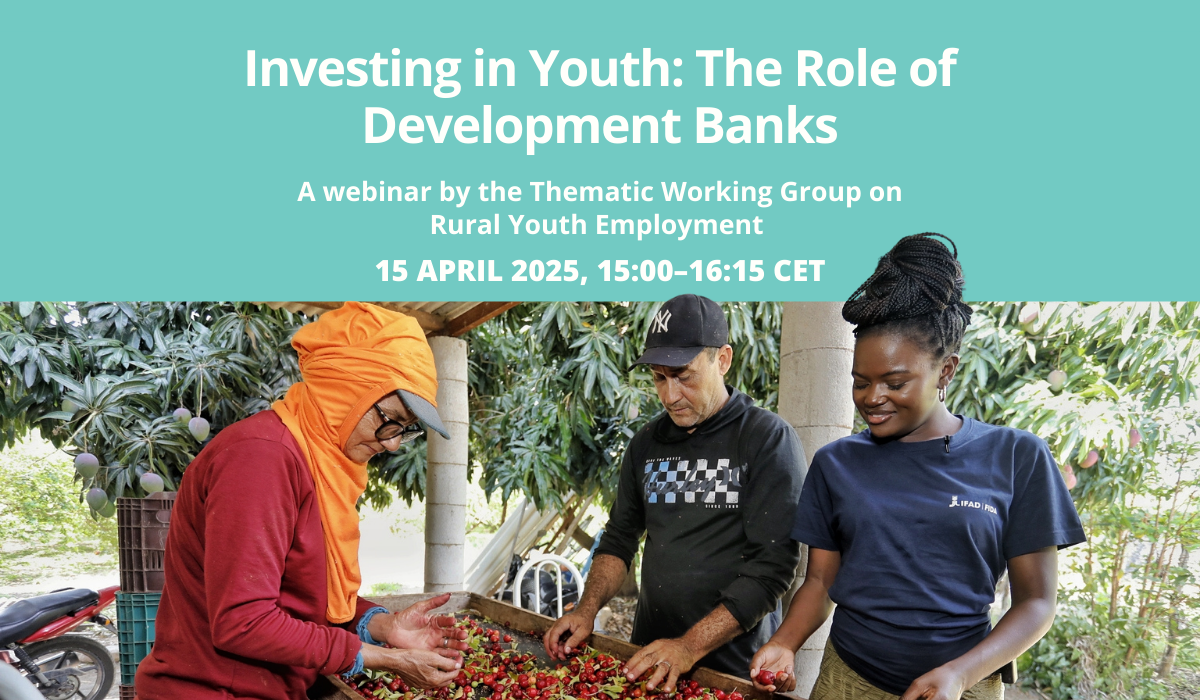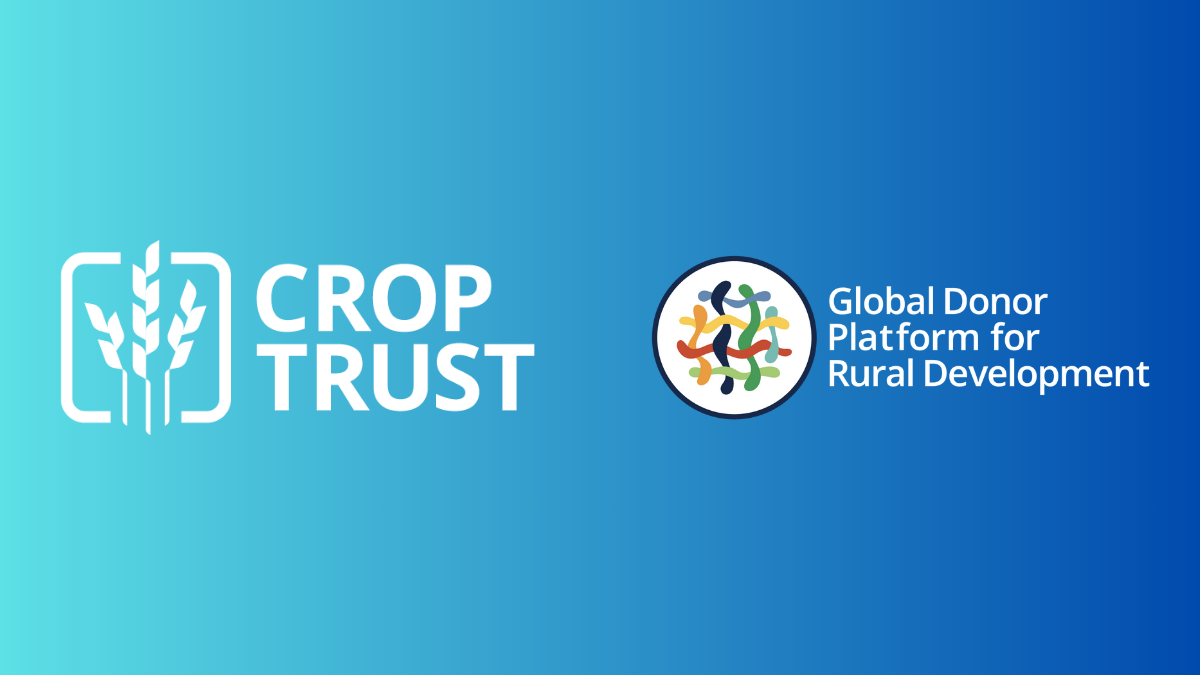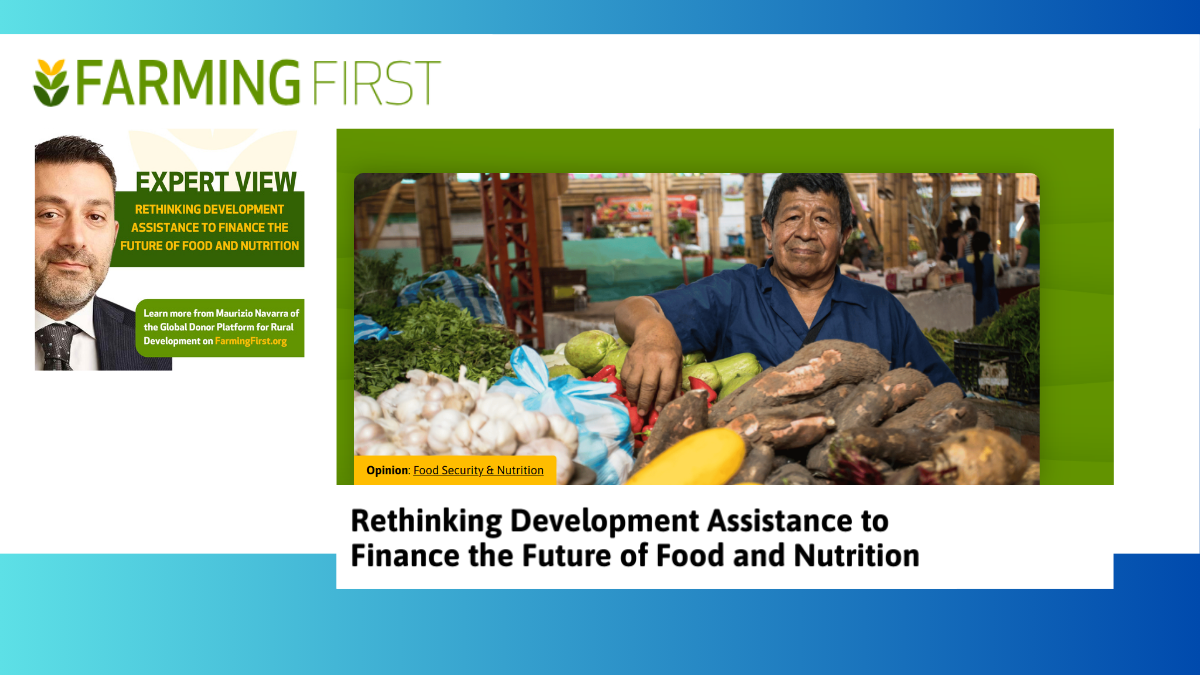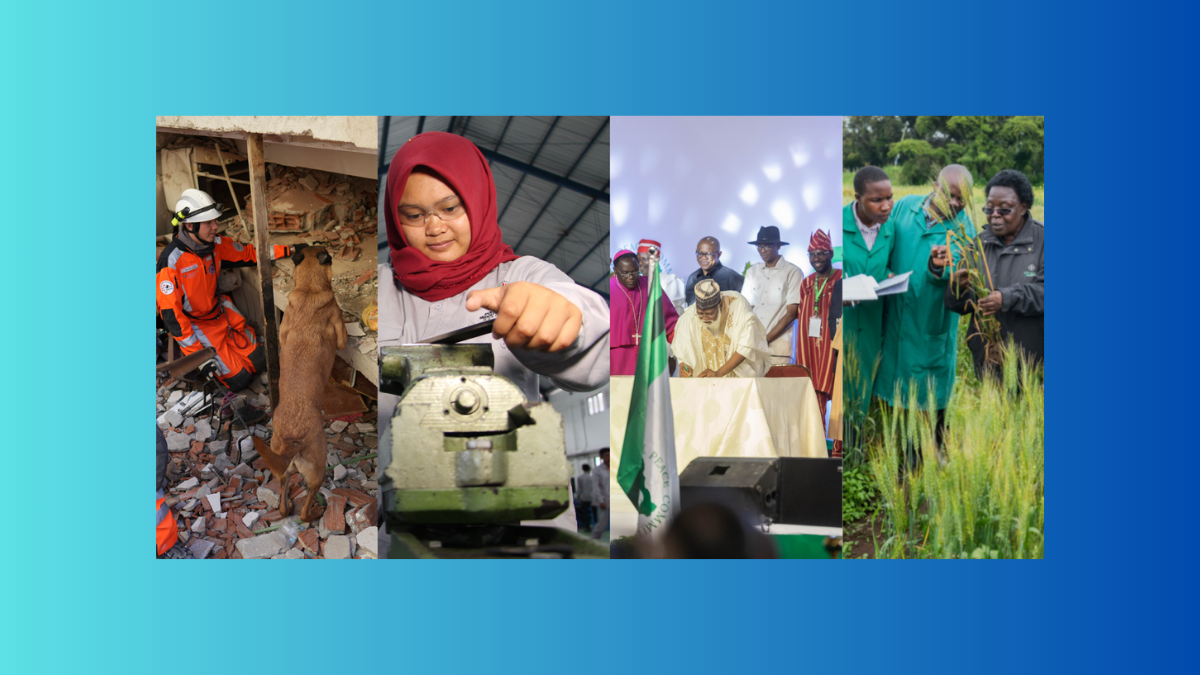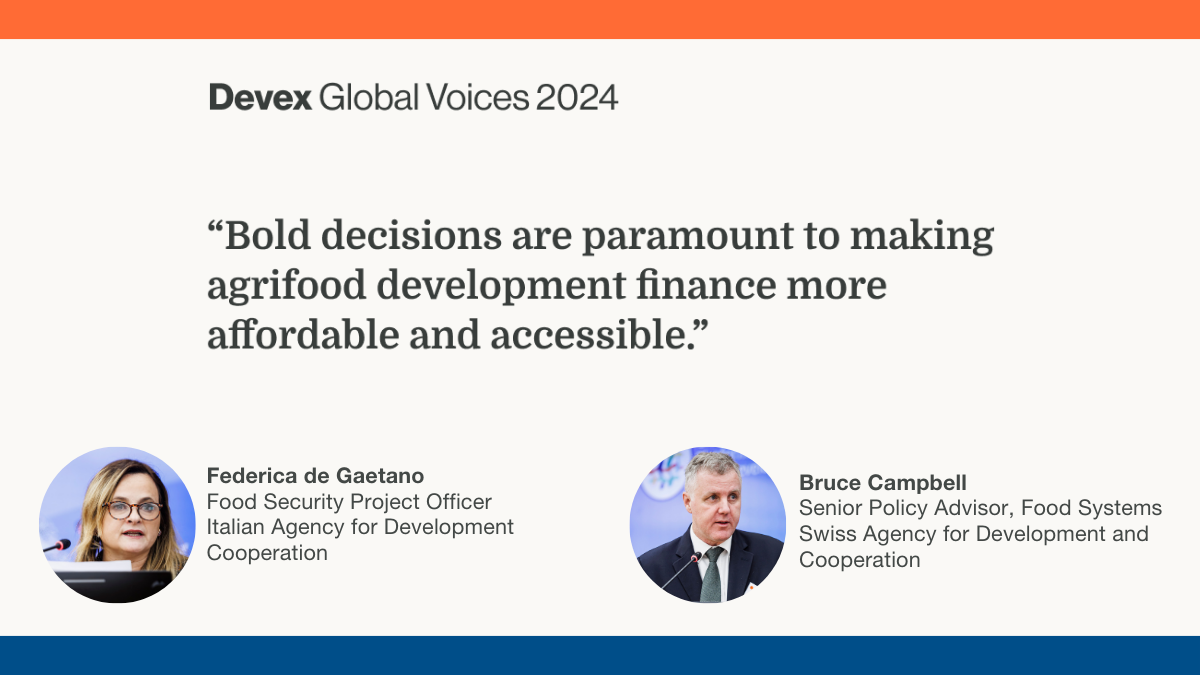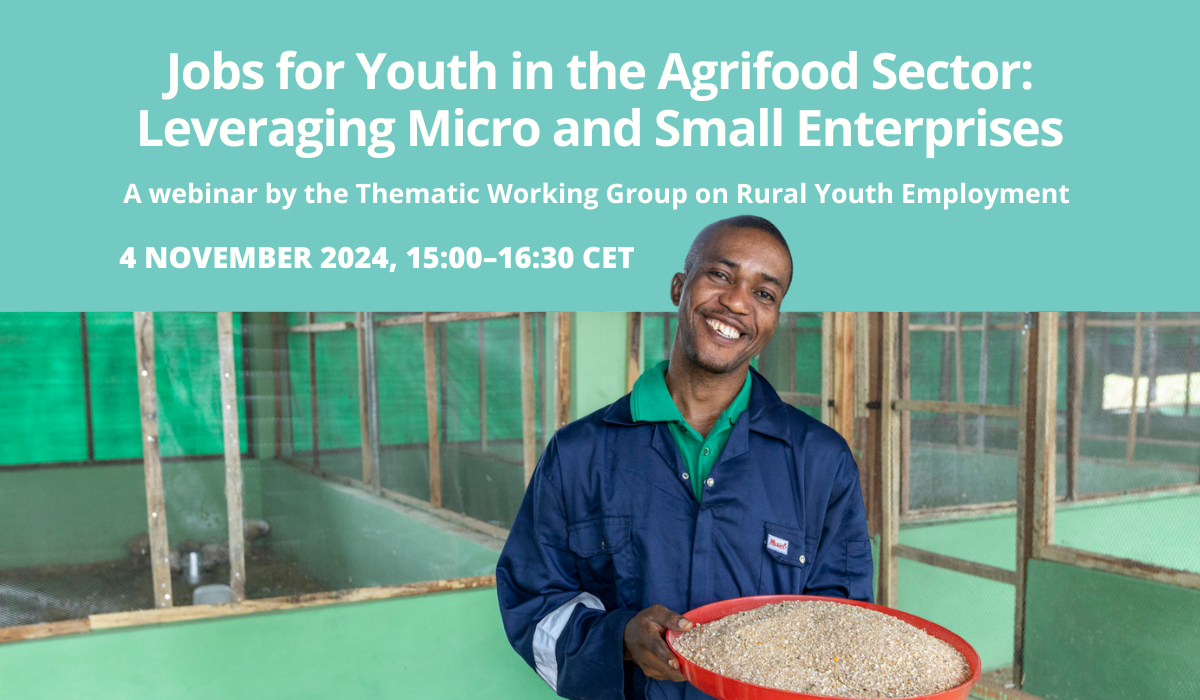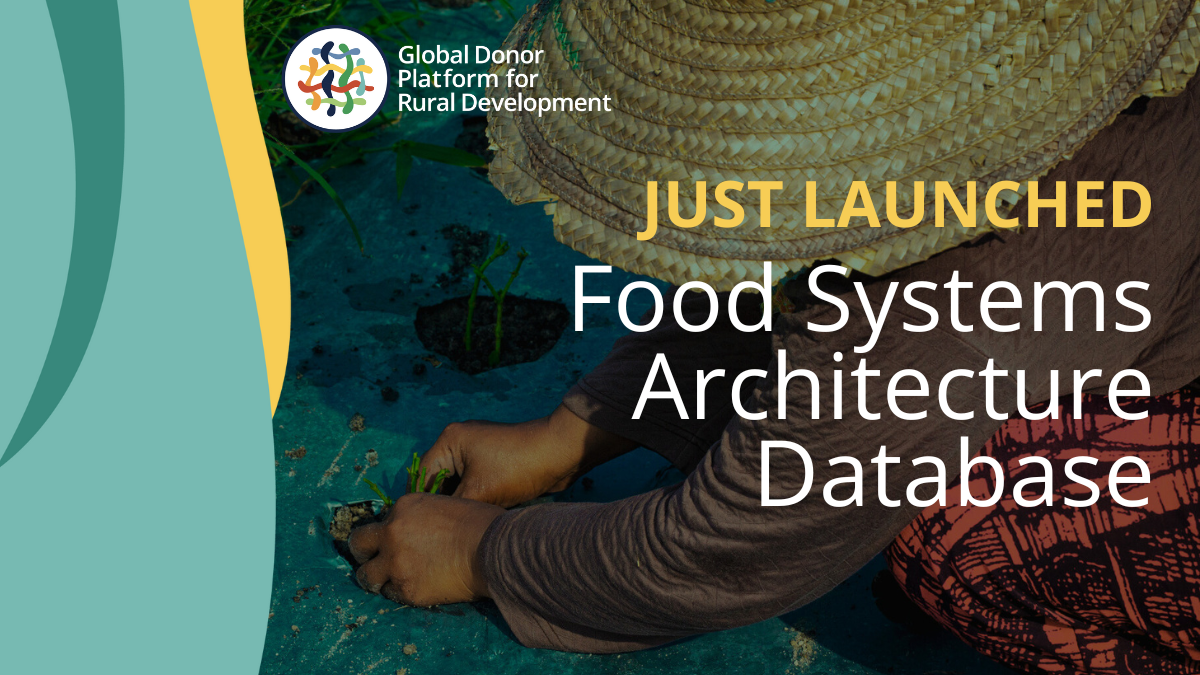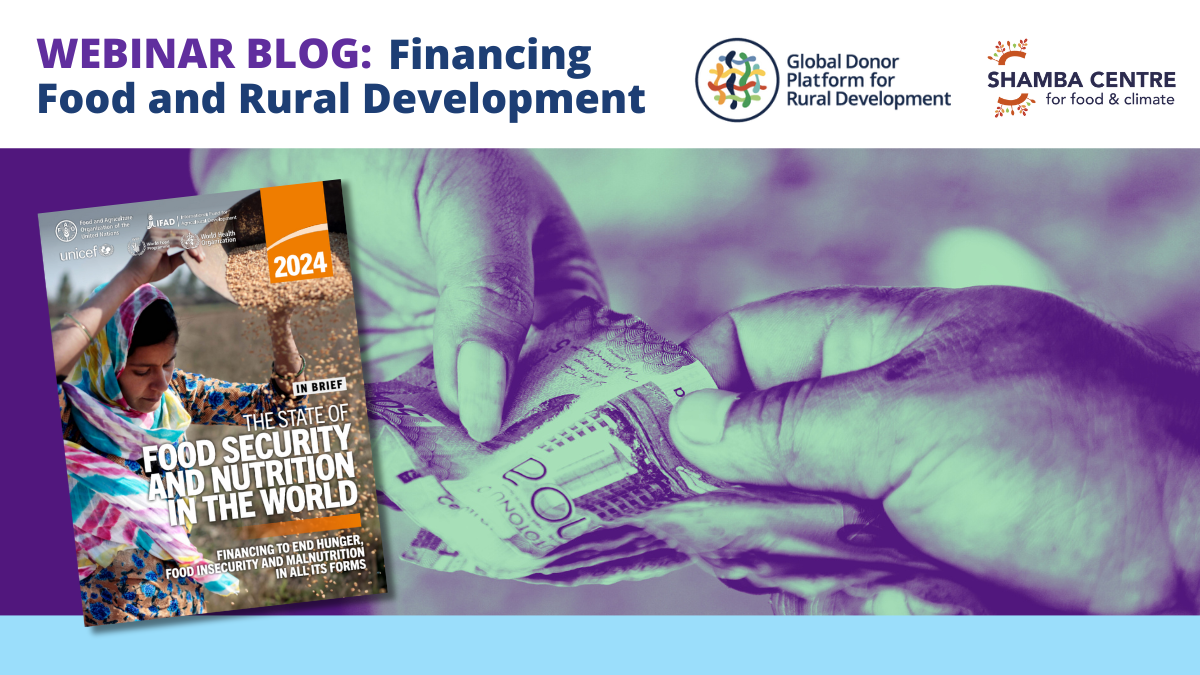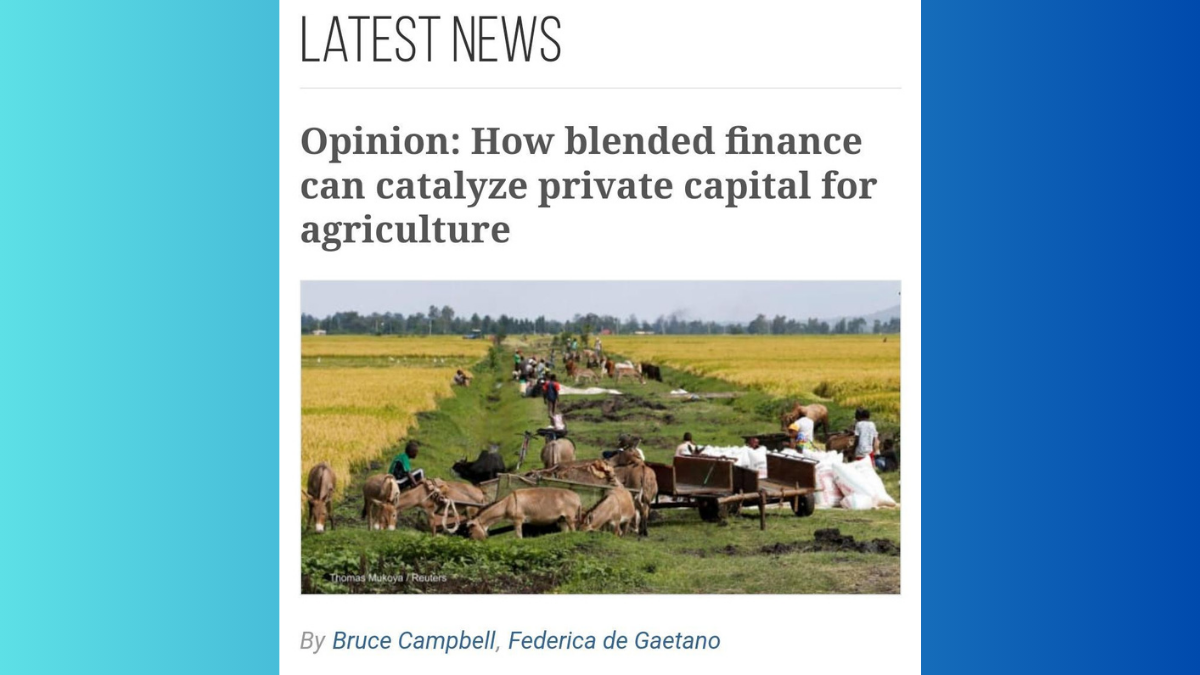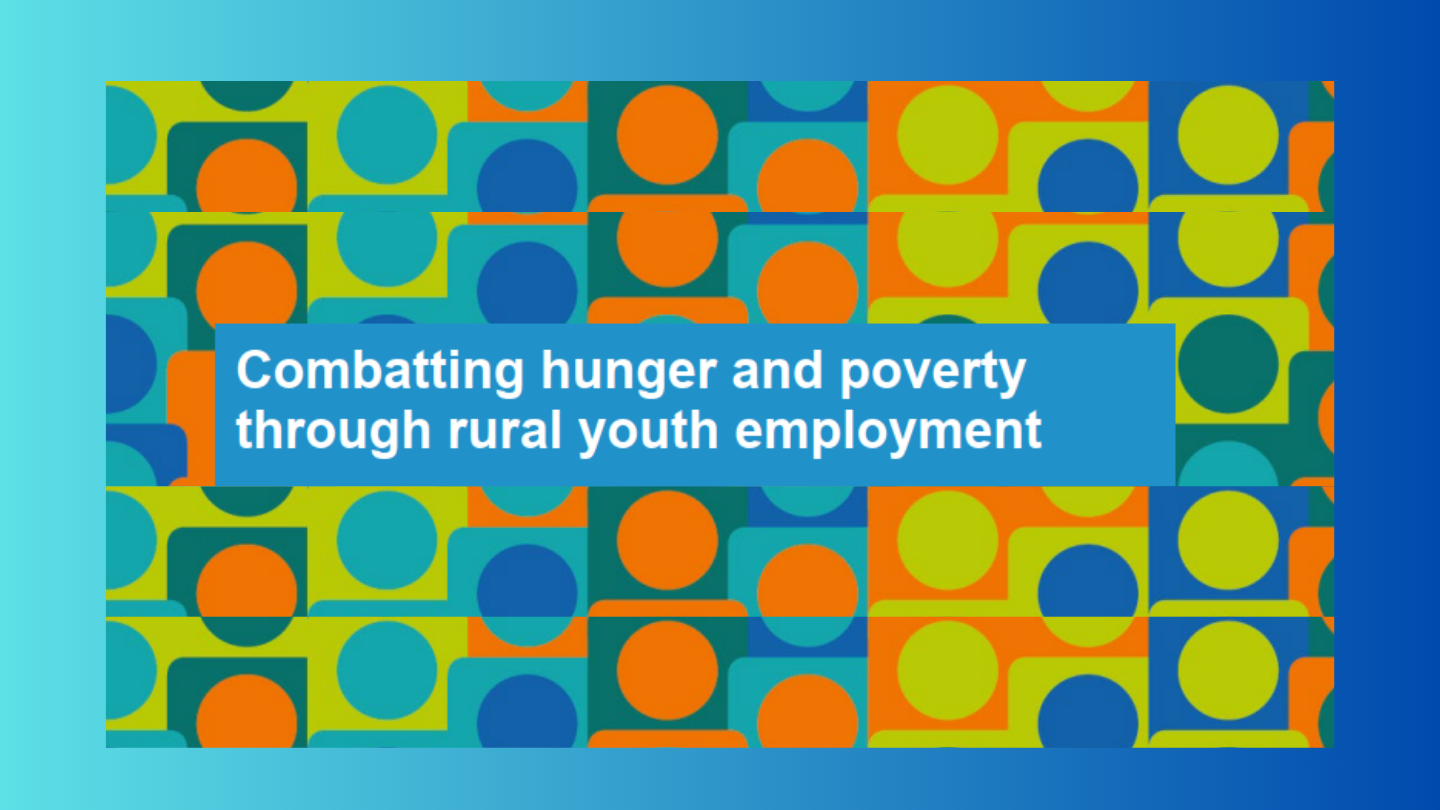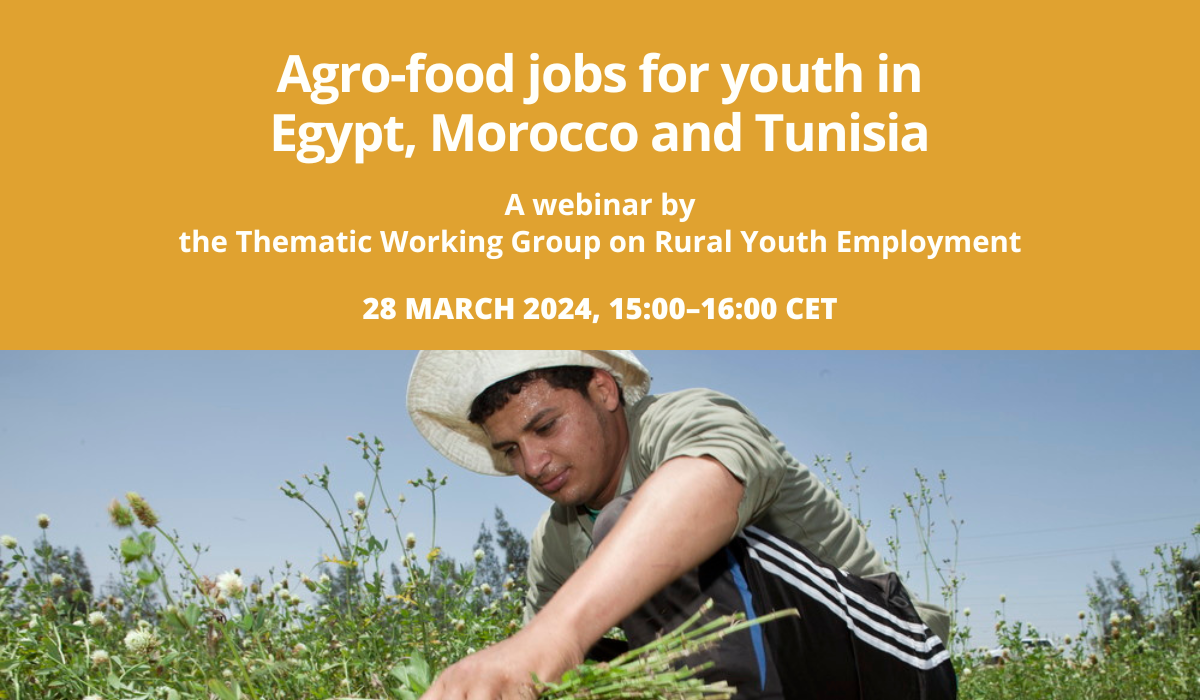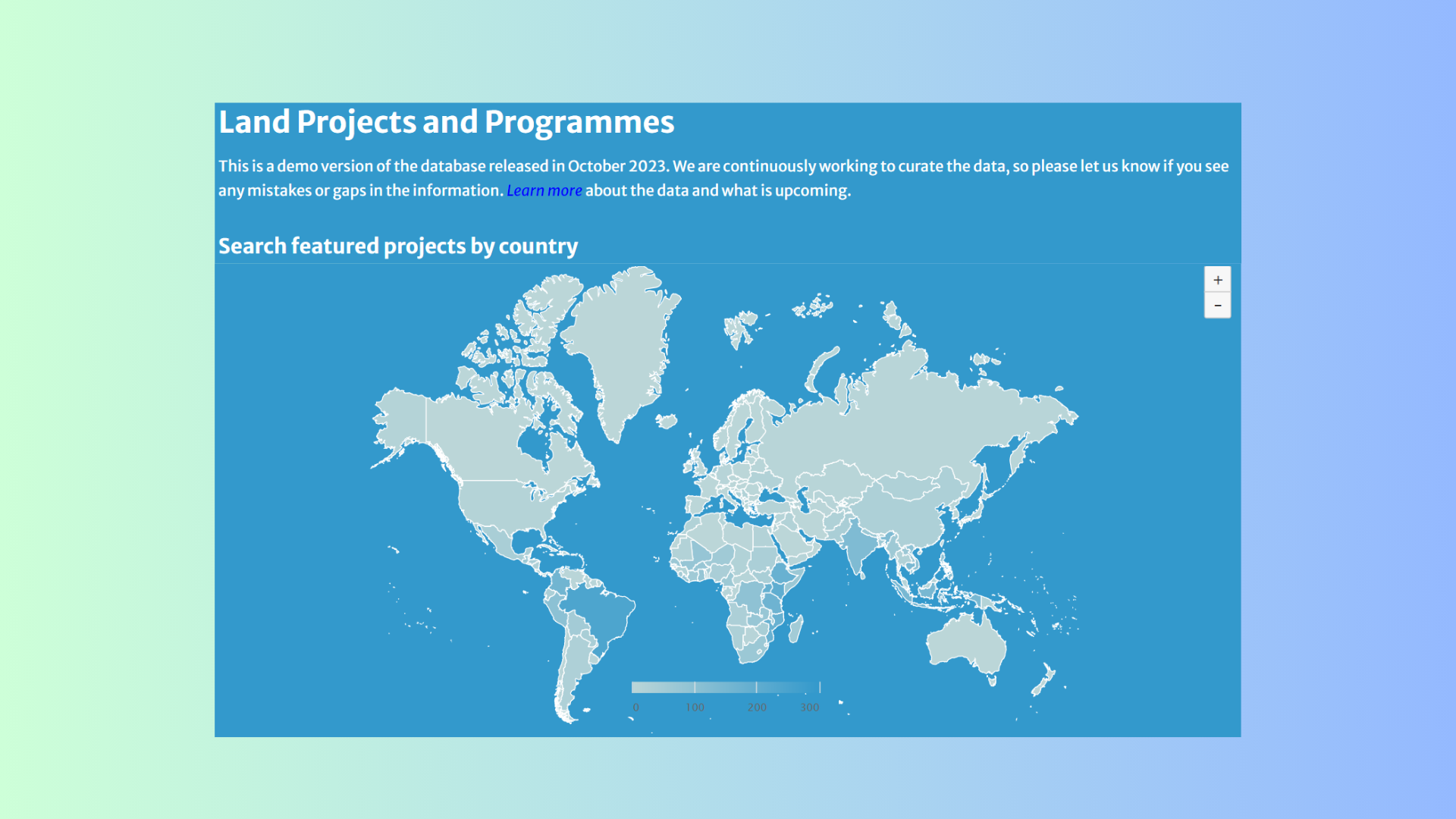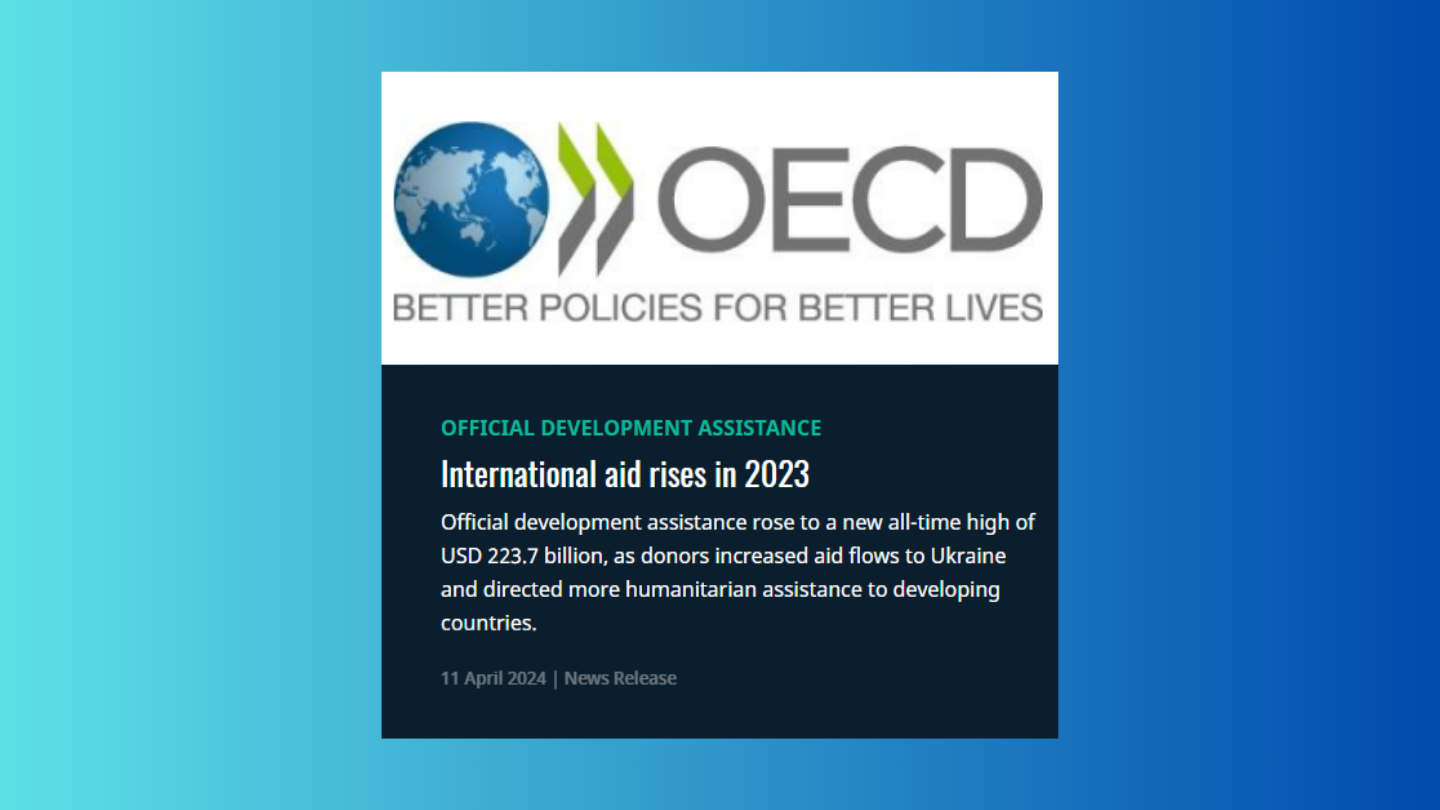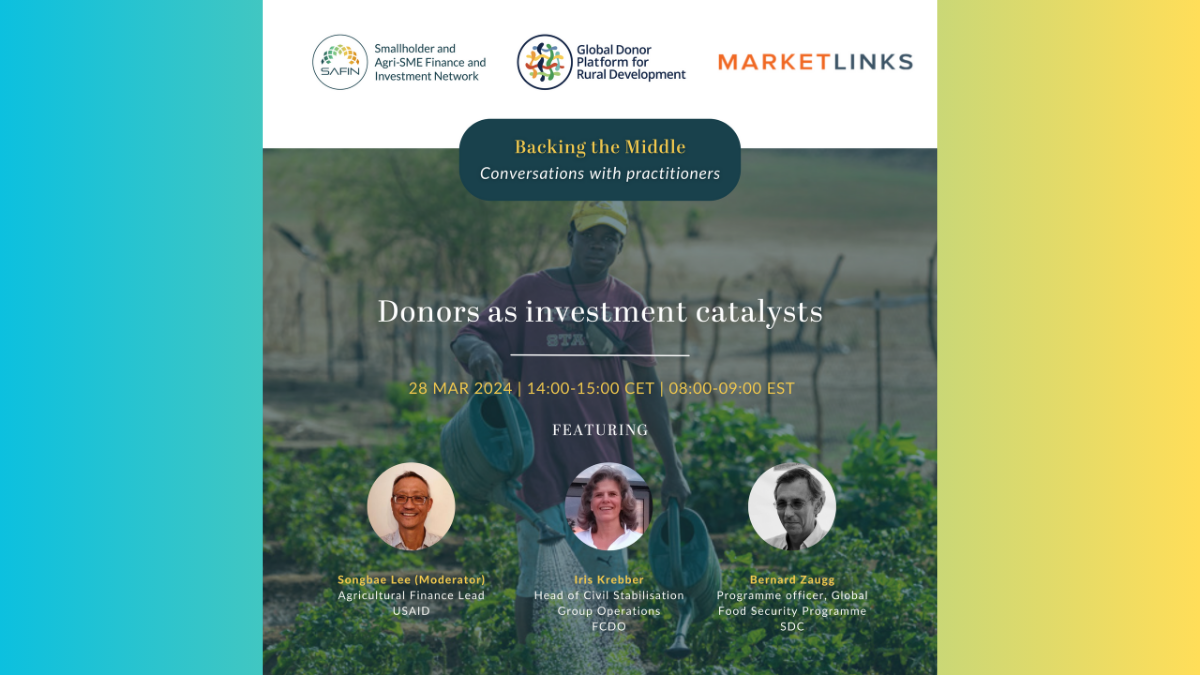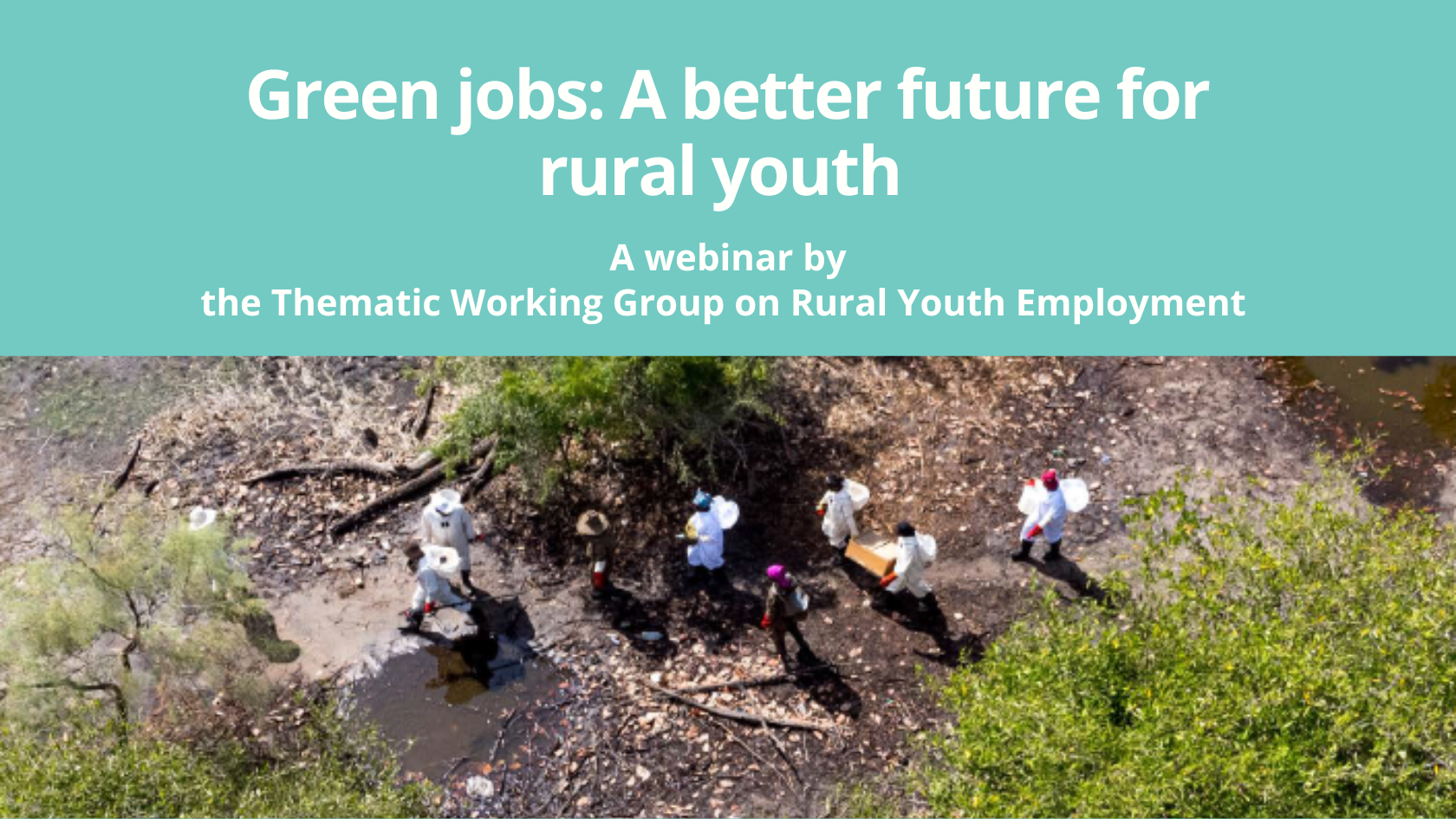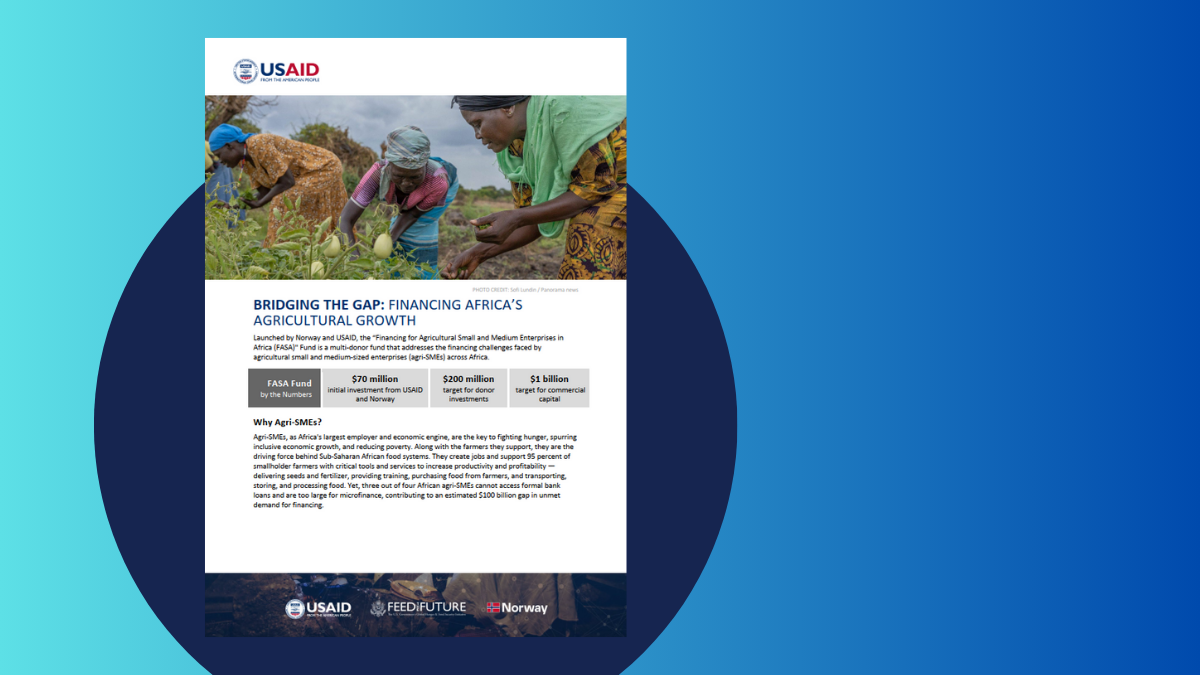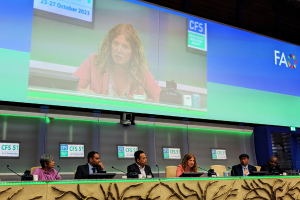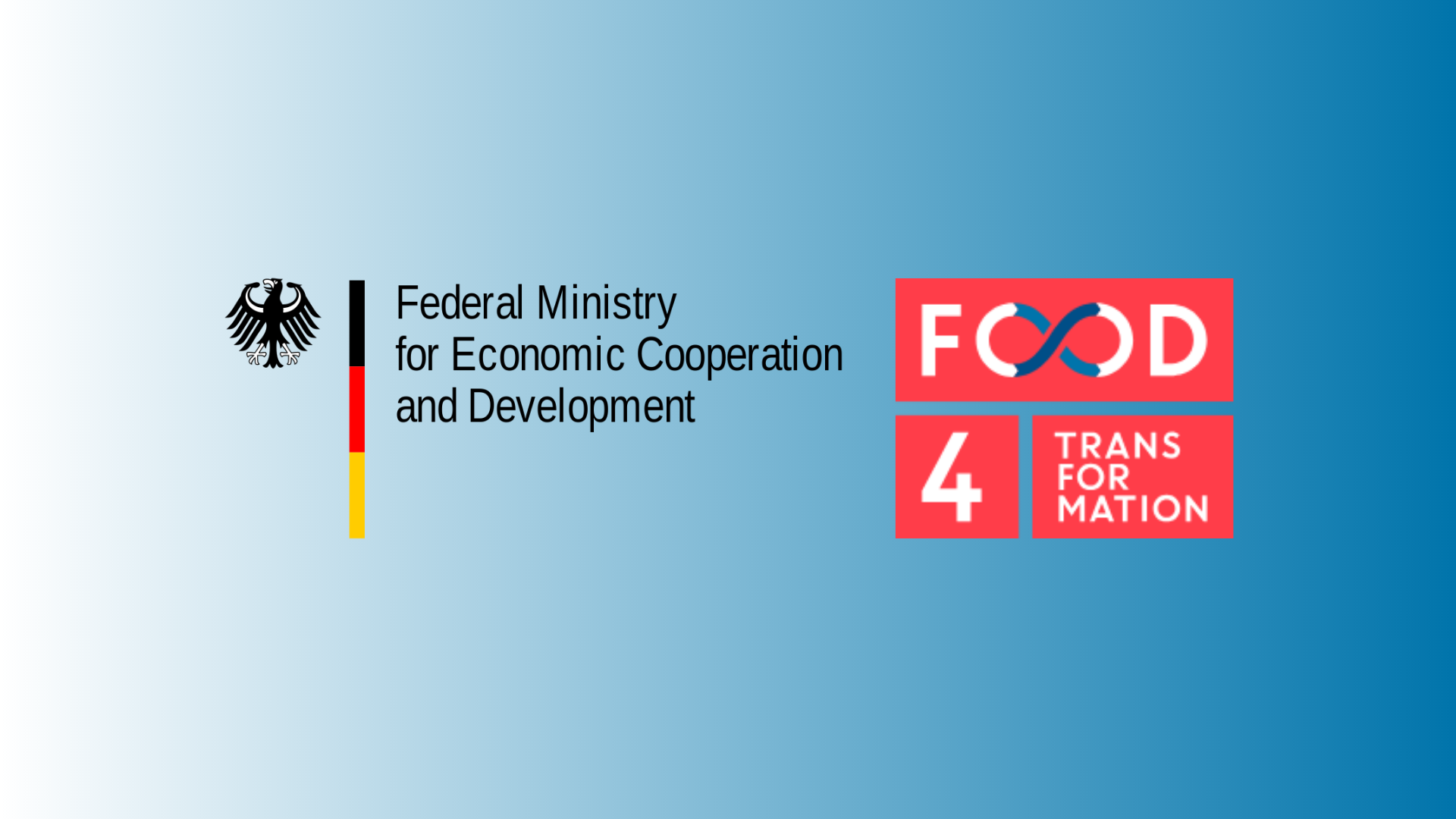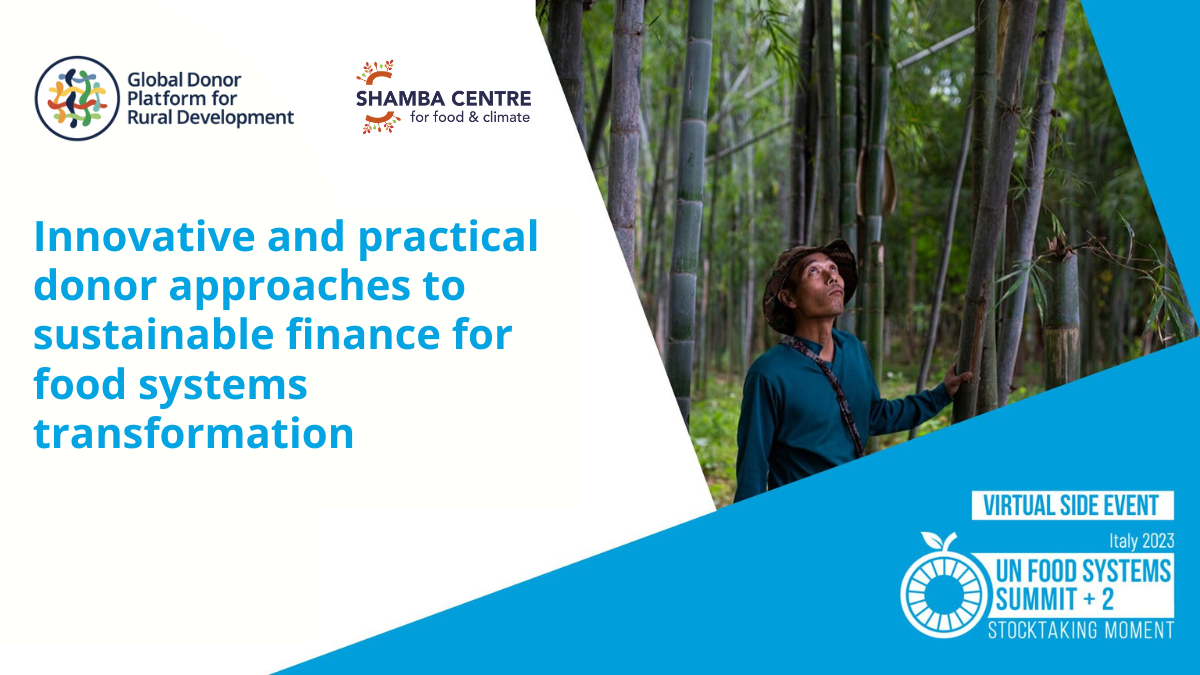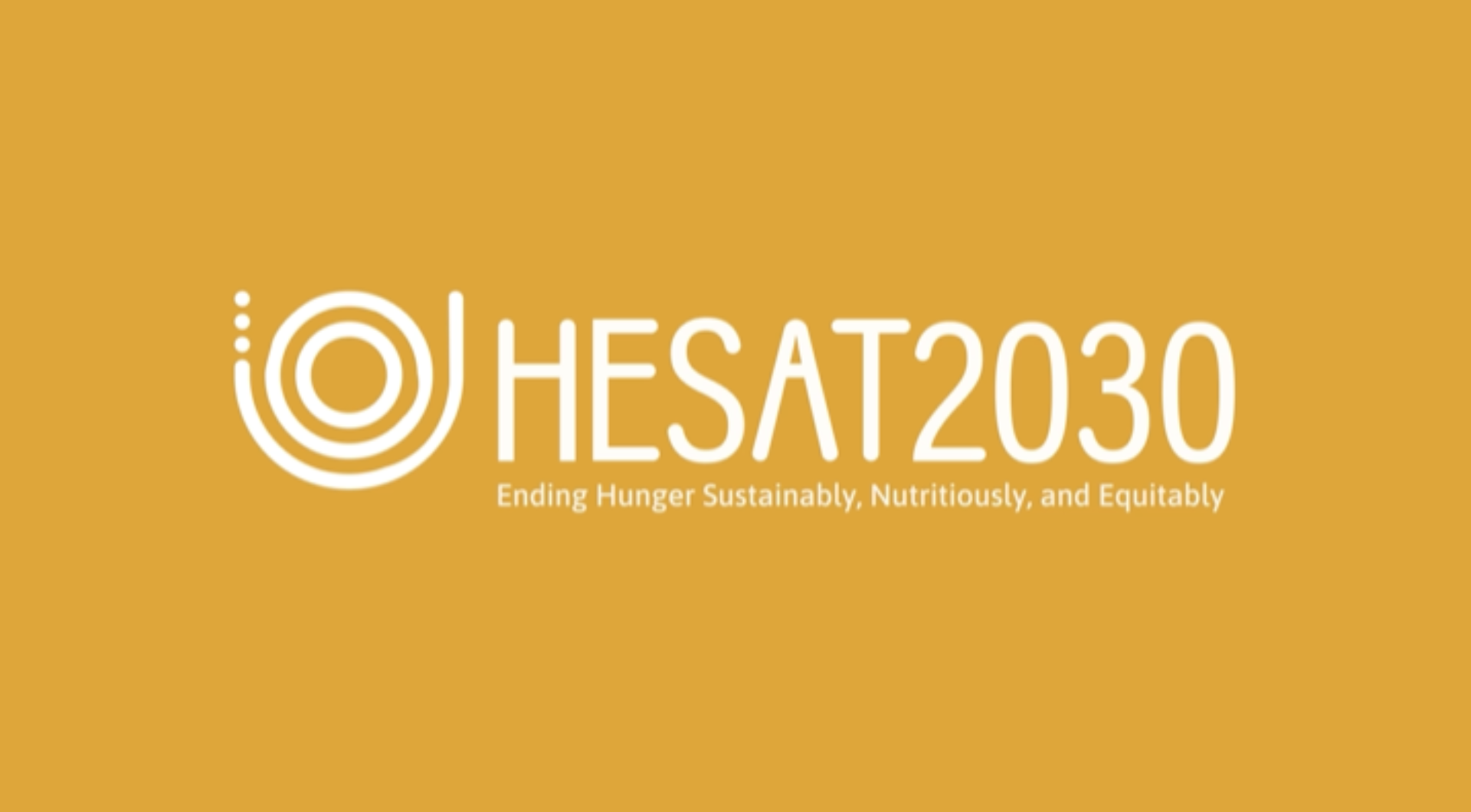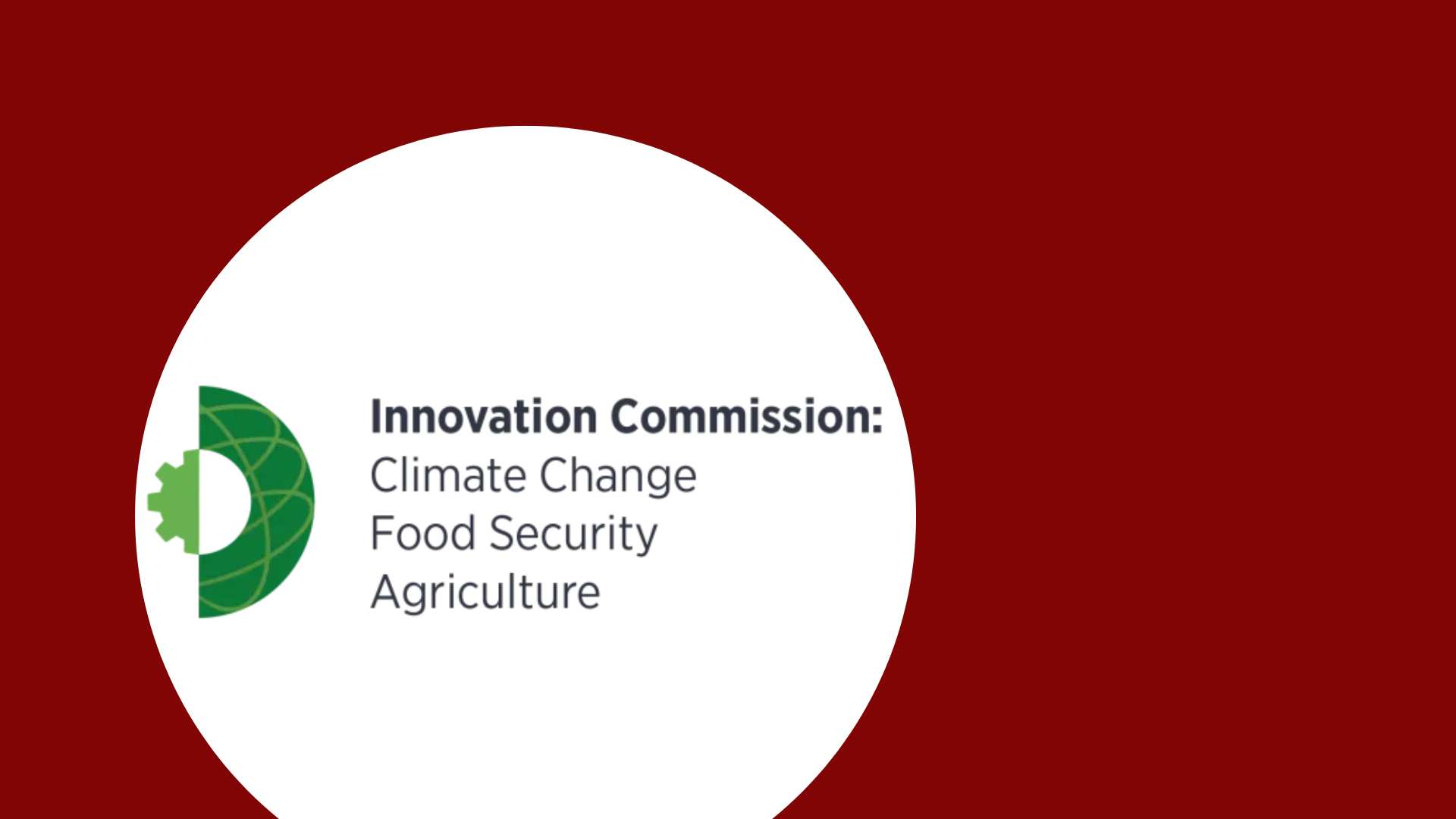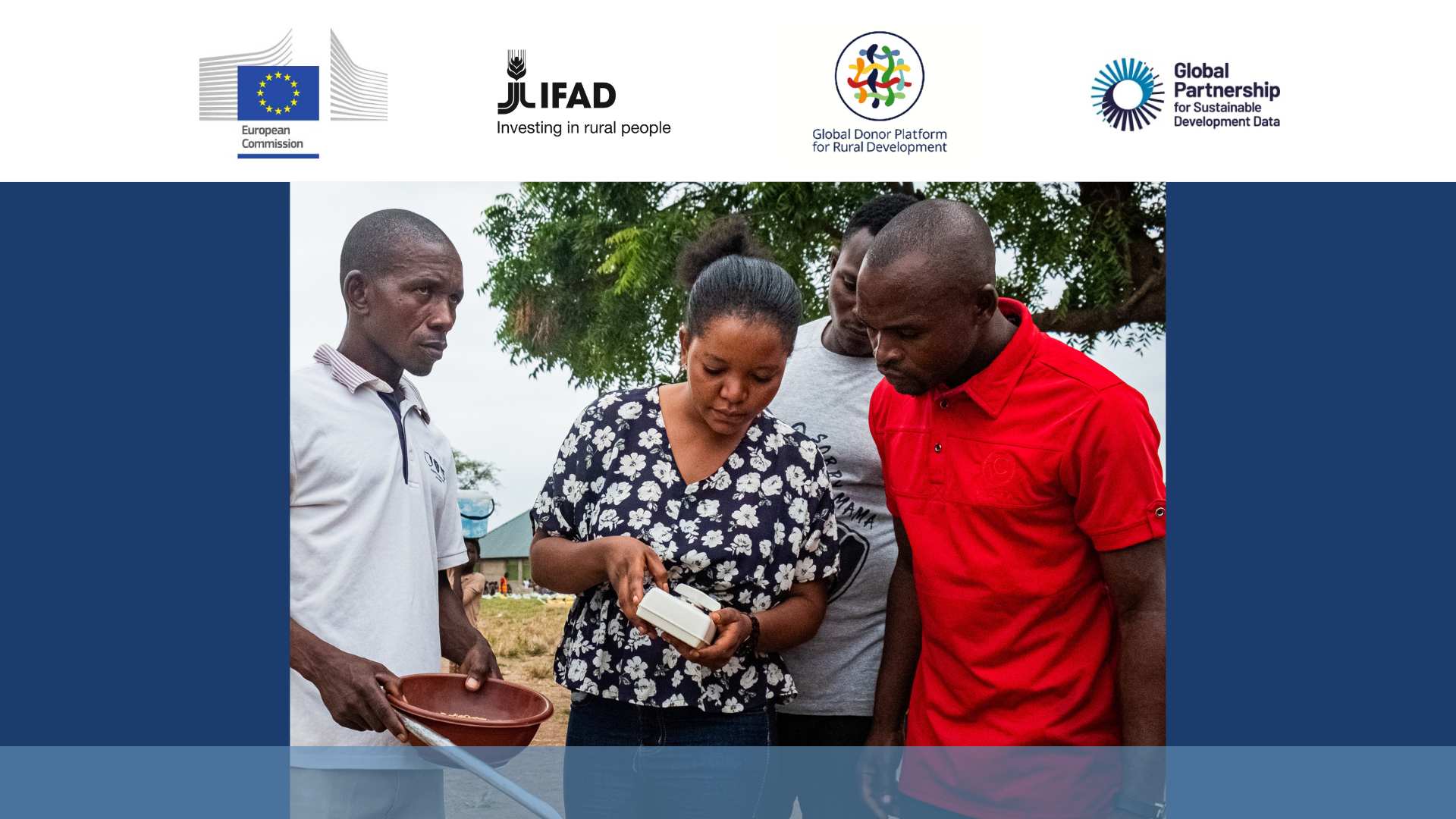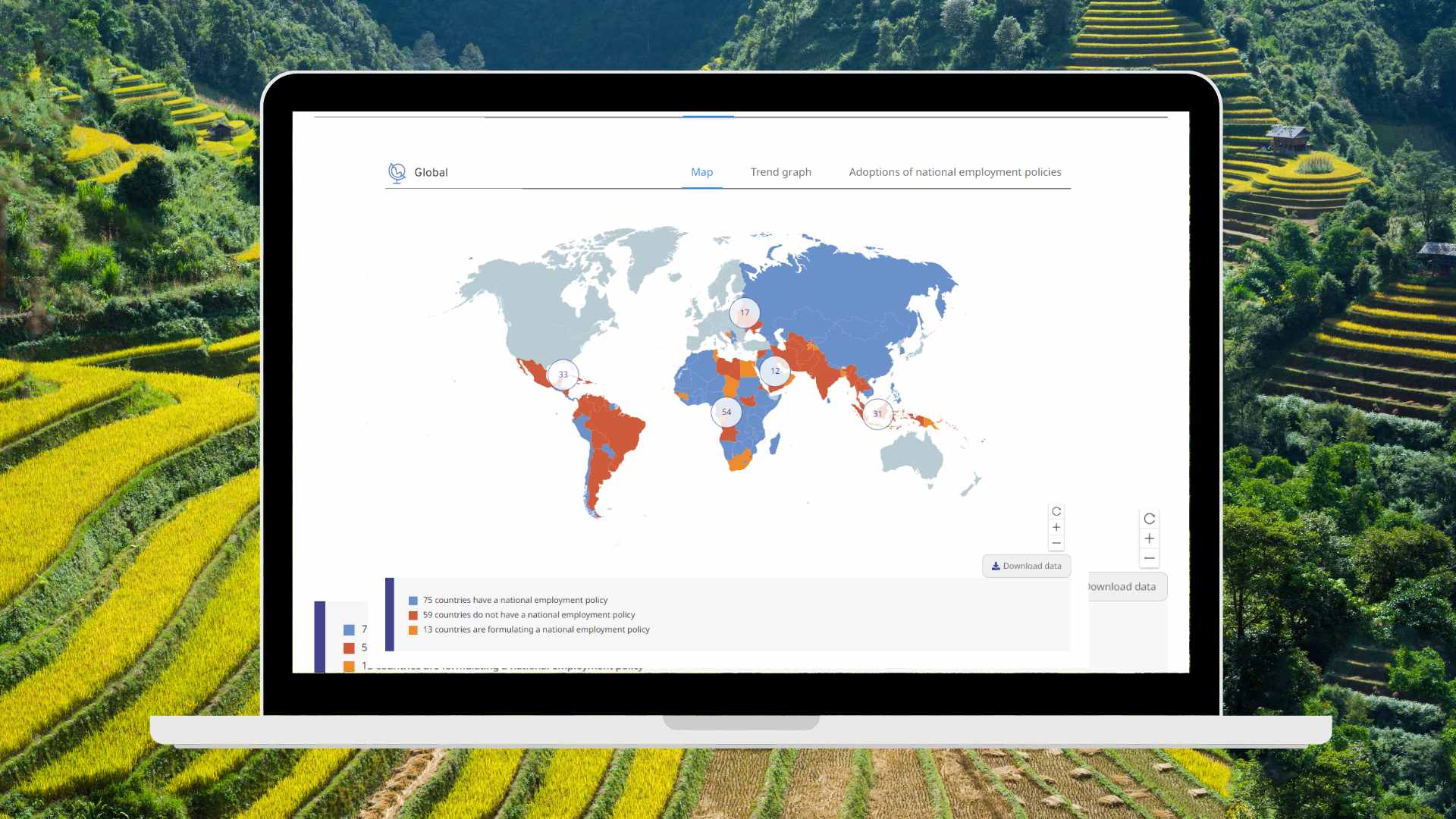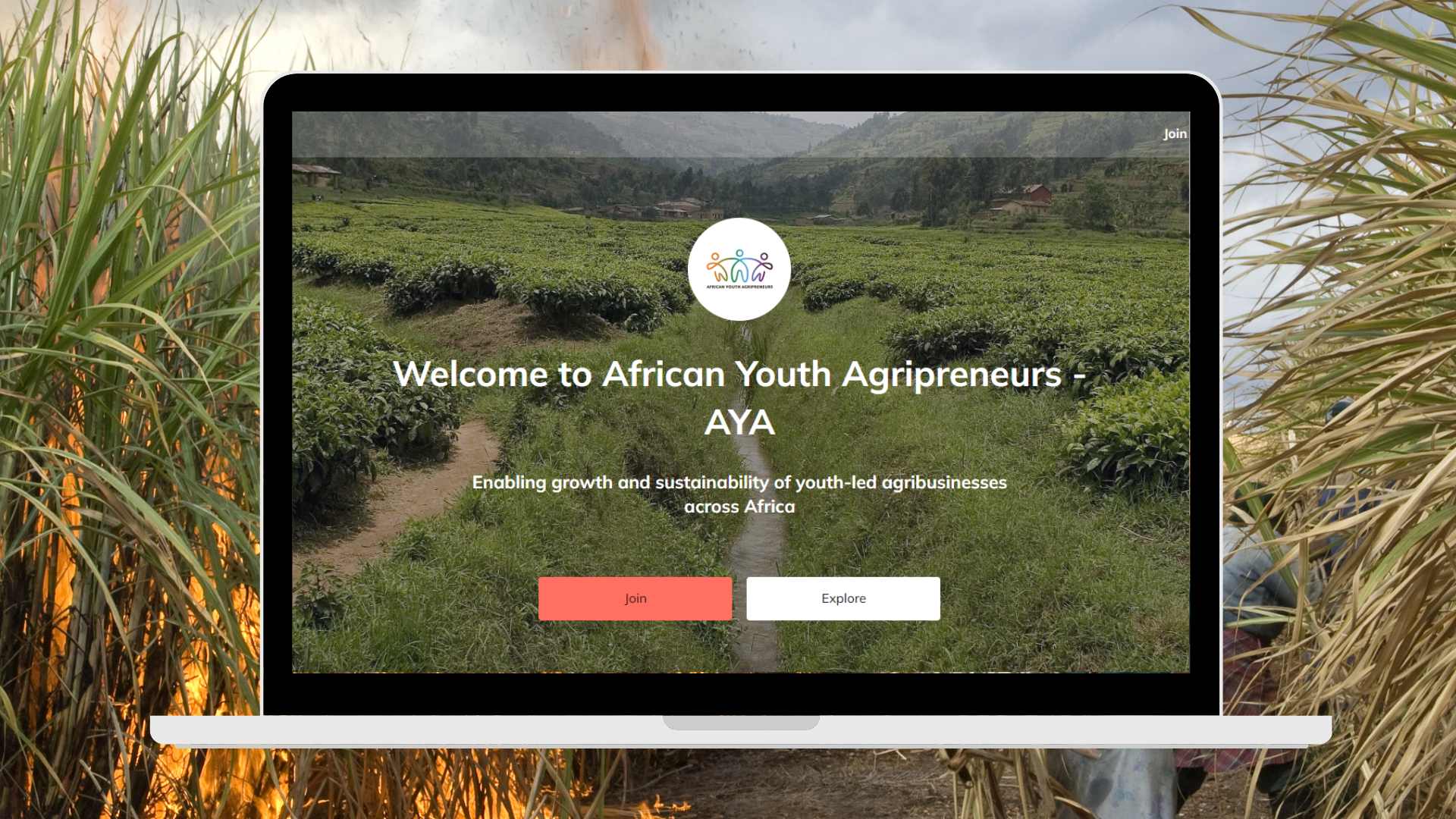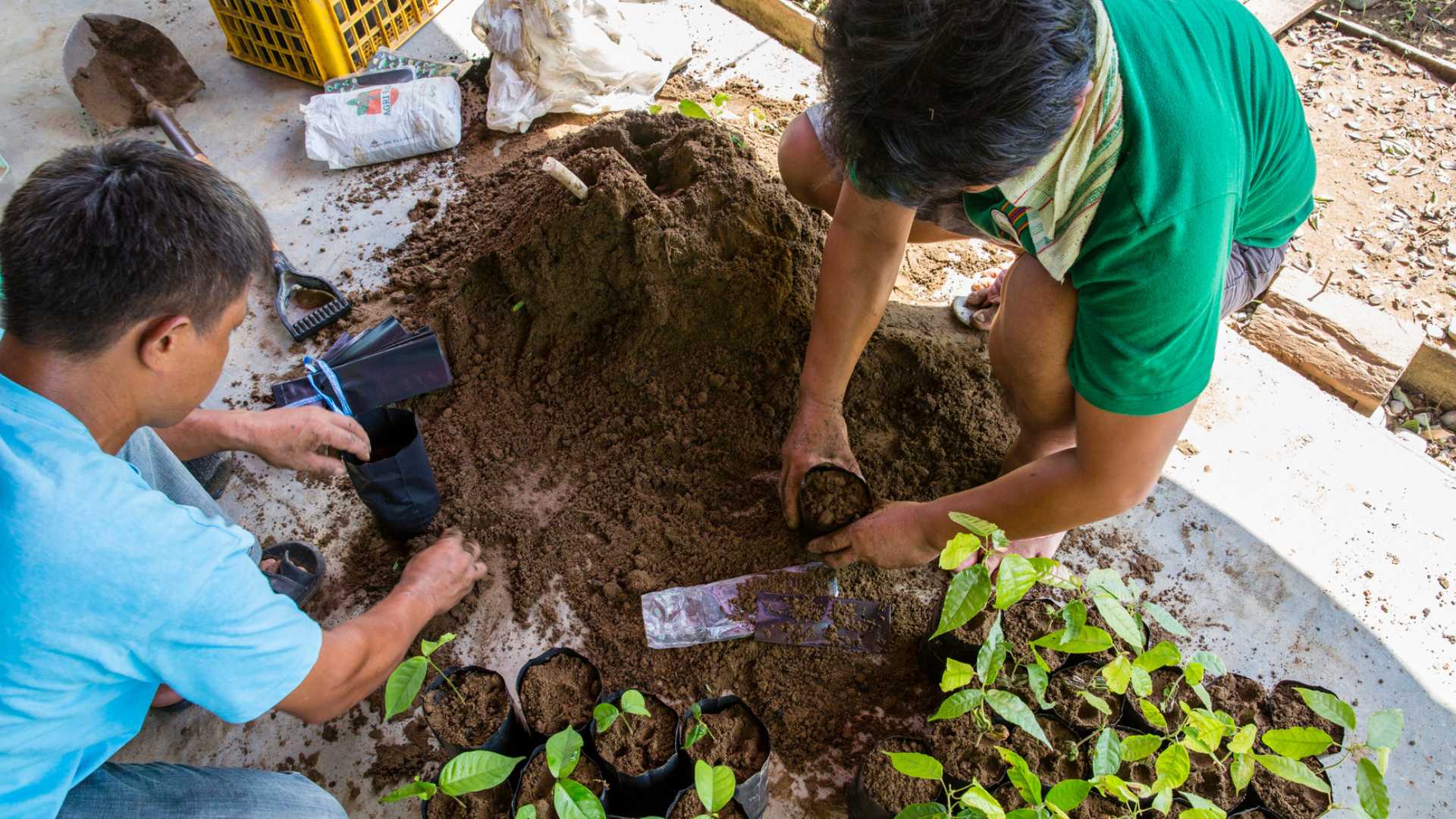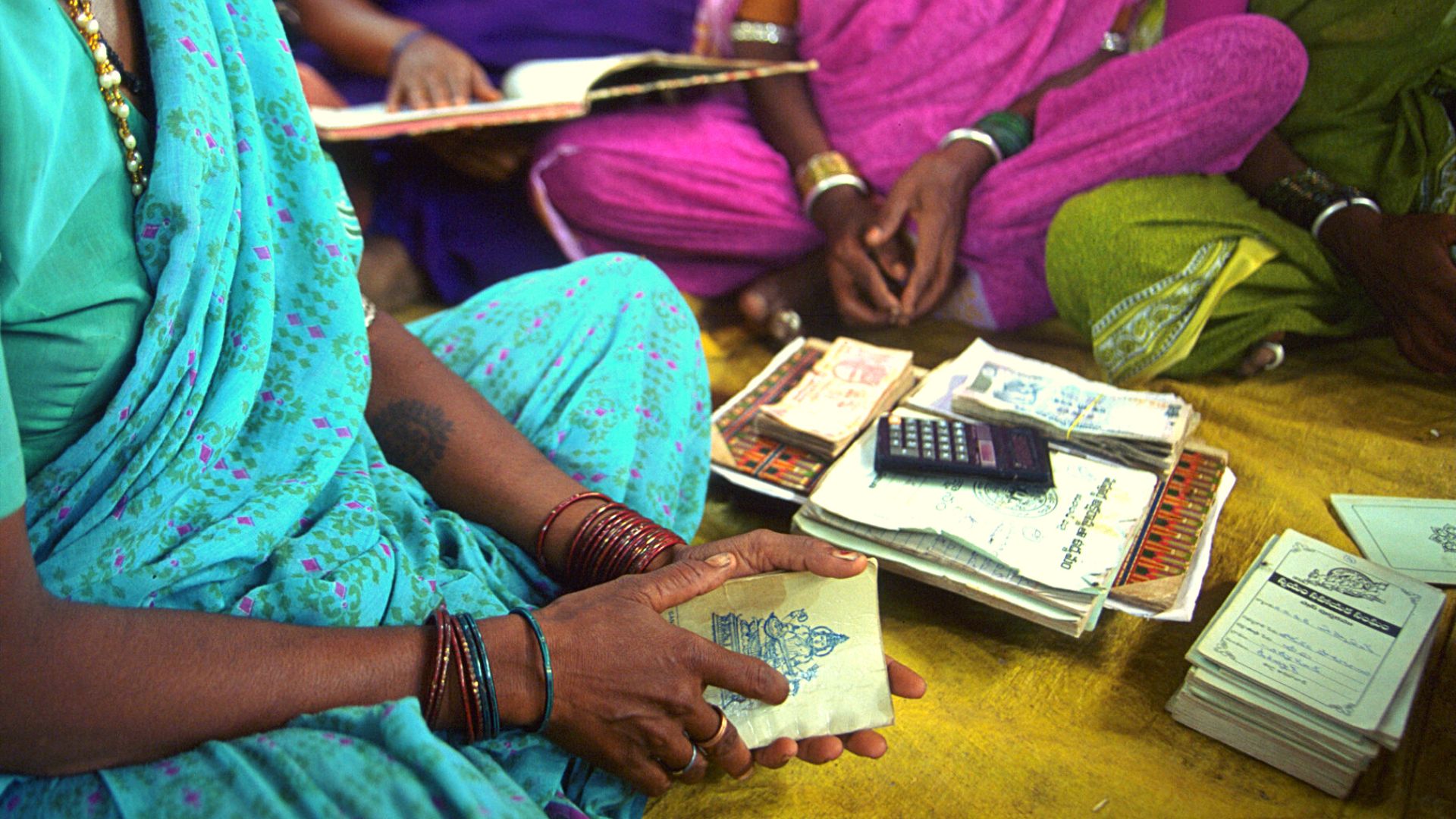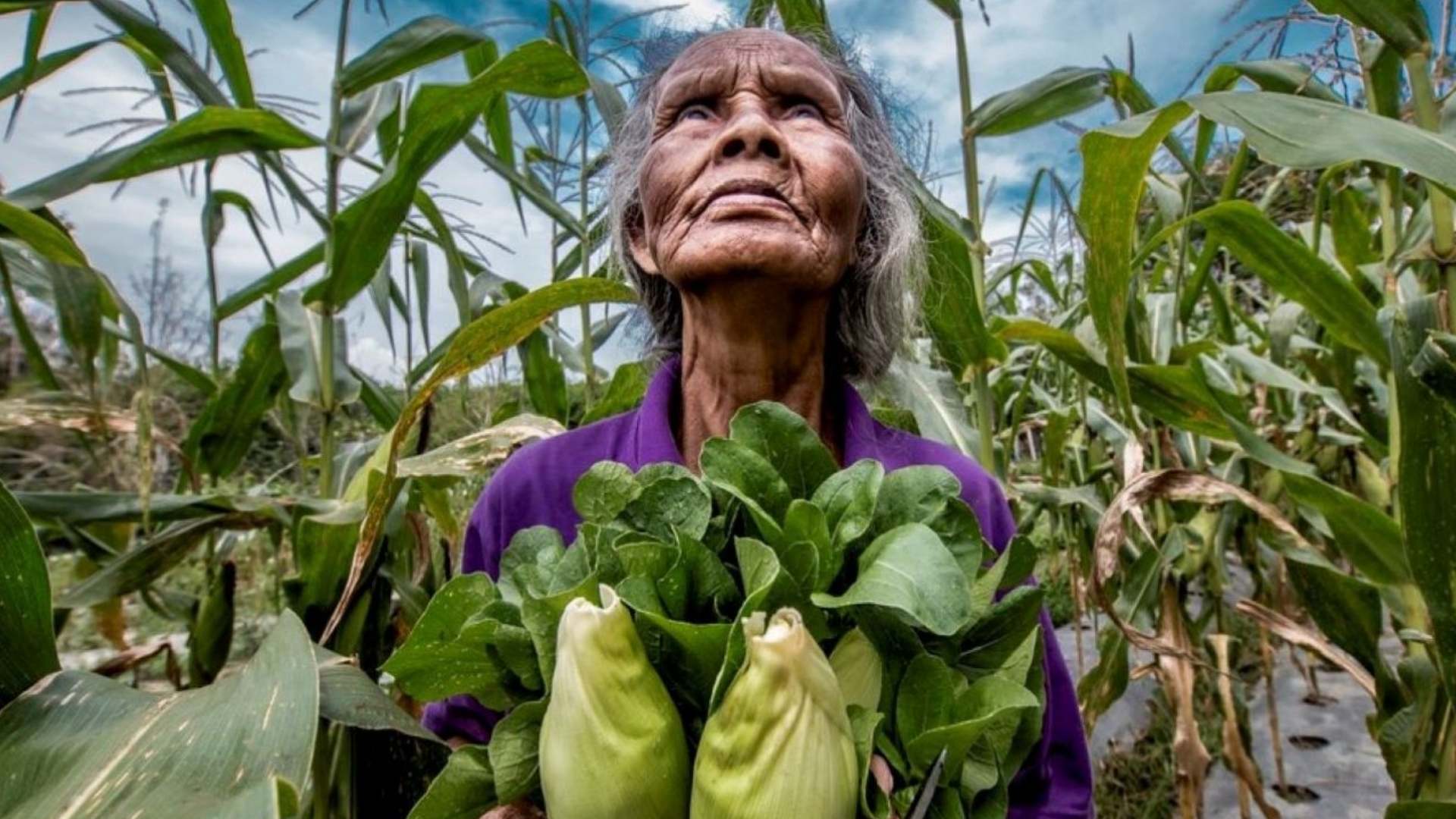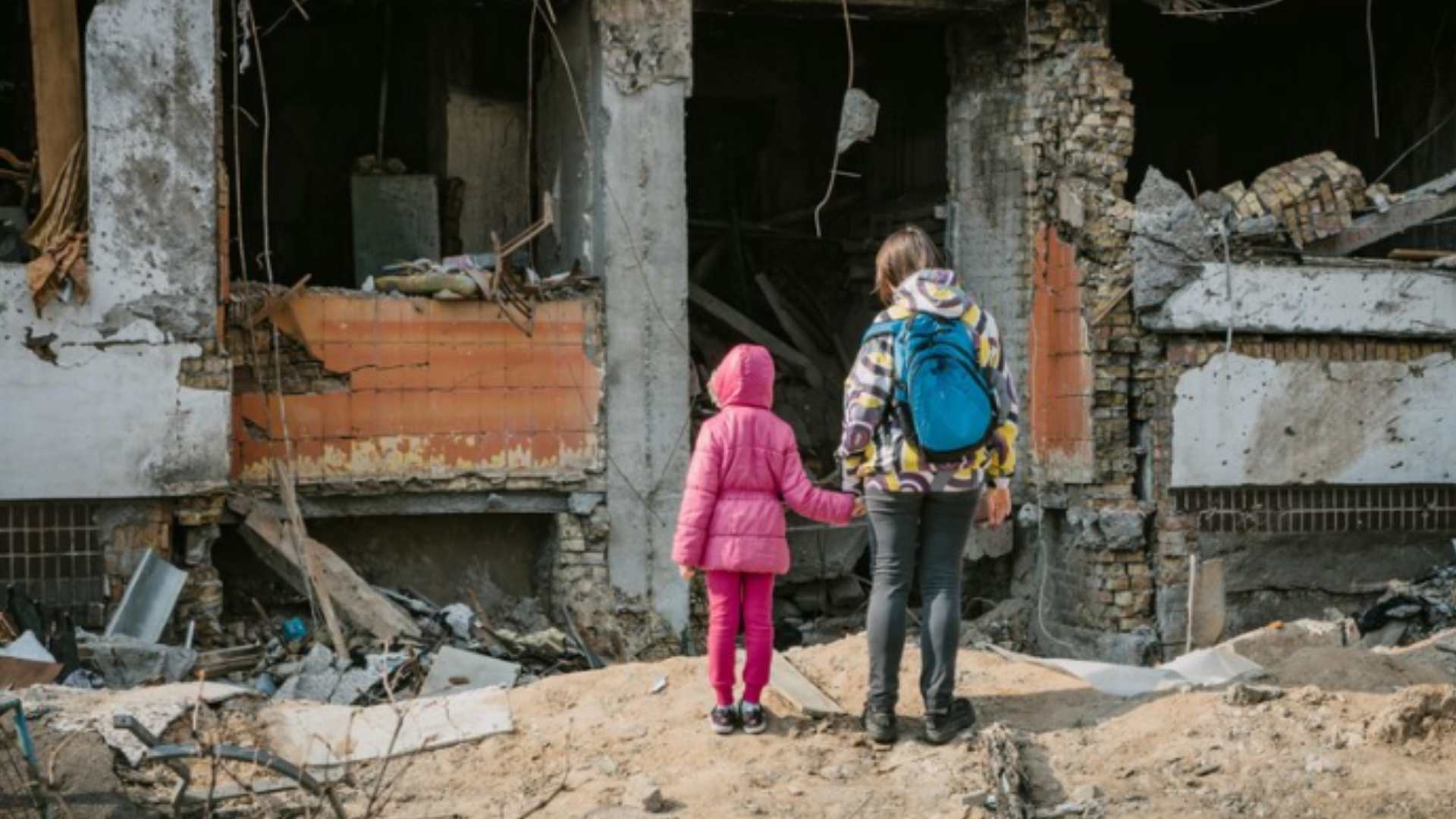Promoting green jobs for rural youth can contribute to the much-needed shift towards more inclusive, environmentally sustainable, and resilient practices in agri-food systems, while helping to address rising youth unemployment. Indeed, the green economy has the potential to create millions of jobs for young people by 2030, including many in rural areas.
This webinar, organized by the Thematic Working Group on Rural Youth Employment (TWG RYE), brought together TWG RYE members, experts, development practitioners, and youth to foster knowledge exchange on innovative solutions to boost green jobs for rural youth and hone commitments ahead of COP28. Speakers discussed effective policy interventions to promote green jobs for rural youth and advance a just transition in agri-food systems and rural areas. Special attention was paid to actions that give a voice to and engage rural youth in key policy processes.
Links
Download Speaker Presentations
Recording
Camilla Roman, Policy Specialist in Green Jobs at the ILO, set the scene by reflecting on the intersections between the world of work and the natural environment, highlighting the impact of climate change on productivity, labour markets, occupational health and safety. According to the ILO, by 2030, 2% of working hours worldwide will be lost due to higher temperatures. Camilla noted that while a just transition poses opportunities for job creation and social inclusion, it will inevitably affect the structure of the labour market. Without proper regulation and policy, this could lead to job losses, gender disparities, and unequal access to skills and job opportunities among rural youth. Therefore, adequate, targeted policies must be implemented to address these impacts and ensure that rural youth can take advantage of emerging opportunities in the green economy. Camilla explained that a Just Transition involves supporting climate action and sustainability while delivering social justice and decent work. Such a transition requires inclusive social dialogue processes involving workers, employers, and other stakeholders to ensure it is grounded in national circumstances and driven by national stakeholders. Delegates representing governments, workers and employers from the ILO’s 187 member states have endorsed ILO’s Just Transition Guidelines, which include several entry points for rural youth employment. Camilla concluded by emphasizing the importance of a shared understanding of Just Transition to ensure meaningful and credible efforts ahead of COP28 and beyond.
Sergio Iriarte Quezada, who works in the Youth Accelerator team at the ILO, introduced the Green Jobs for Youth Pact, a global initiative, initiated by the ILO, UNEP and UNICEF, that aims to support youth employment and close the green skills gap. The Pact brings together UN agencies and partners to mobilize political will, resources, and innovation for climate action and green jobs for youth. This partnership stands as a beacon of hope for young people, providing them with the tools and knowledge to combat climate change in their communities. It’s not just about equipping the youth with skills for green jobs, but also about instilling in them a sense of responsibility towards the planet and their future. Sergio emphasized the number 8.4 million, to express that 8.4 million green jobs could be created for youth by 2030 if effective policy measures are taken. The ultimate goal of the Pact is to create 1 million new green jobs for youth, with a particular focus on young women; accelerate the greening of 1 million existing jobs; and support 10,000 young entrepreneurs to establish and/or grow sustainable green businesses, while contributing to the creation of green jobs for their peers, by 2030. Overall, Sergio highlighted the importance of youth voices and meaningful youth engagement in the green economy, particularly in creating decent jobs and promoting sustainable business models.
SeongYoung Lee, Green Jobs Specialist at the Food and Agriculture Organization of the United Nations (FAO), noted that when empowered, youth become champions of climate action, influencing their communities and fostering a just transition. She shared insights on FAO’s approach to creating green opportunities for rural youth, which begins with soft skills training, where youth identify and create solutions to their local environmental challenges. The youth involved can then choose between starting their own green business or participating in wage employment programs, where they are provided with two years of support through mentorship, seed money support, and sector specific trainings. SeongYoung showcased the success story of Courage Gwena, a Zimbabwean youth who, through FAO’s support, established an organic egg production business. Using eco-friendly practices like solar energy and minimal plastic use, Courage made the business economically viable while positively impacting his community. SeongYoung concluded that these activities not only empower rural youth, but can contribute further to nationally determined contributions or national adaptation plans. As COP28 approaches, the call is to amplify these efforts, ensuring the voices and impact of rural youth resonate on a global scale.
Gerald Kasiita, founder and CEO of Vibrant Generation Uganda, and YPARD Uganda District Ambassador, shared insights on empowering rural youth through green jobs and sustainable livelihoods. YPARD, a youth-led organization, has been working with partners to address the global food system crisis through agroecology, policy advocacy, and more recently, promoting a just transition through green jobs. YPARD has engaged with Gerald’s organization, Vibrant Generation Uganda, as well as other organizations, to reimagine a healthier food system and develop position statements to the Government of Uganda on climate issues. In other parts of Africa and in Latin America, similar youth engagement platforms are being created to address, mitigate, and adapt to climate change, while supporting the livelihoods of smallholder farmers. Gerald emphasized the role of youth in collaboration and collective commitment for sustainable development, and the importance of a context-specific, participatory approach to a just transition.
Ahead of COP28, all four speakers highlighted the relevance of youth employment in the agri-food sector and the need for decent work, emphasizing the importance of linking the just transition and agri-food system transformation agendas. This was the second webinar in the Green Jobs series, and the Rural Youth Employment Thematic Working Group of the Global Donor Platform remains committed to raising awareness and sharing knowledge on this critical topic.


